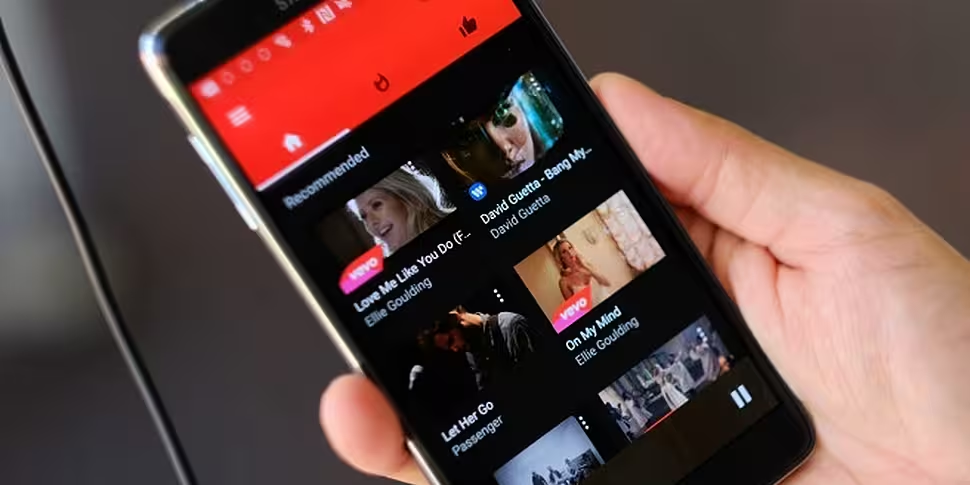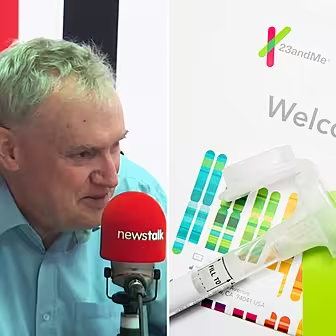As advertisers on both sides of the Atlantic continue to boycott YouTube, one Irish firm is offering a way to steer clear of extremist content.
Many agencies have opted to suspend or reassess their placement of advertisements with YouTube owner Google, amid fears that ads are appearing alongside content sympathetic to groups such as ISIS.
Vidiro Analytics, an advanced video data analytics company founded three years ago at Dublin incubator NexusUCD, essentially scans YouTube for content before pairing ads with contextually-relevant content.
Speaking to Business Breakfast, co-founder Simon Factor admitted that the recent boycott has been something of a "boon" for a firm that has previously helped Simon Cowell find X Factor candidates using its 'Justin Bieber algorithm':
"The phone's been ringing!"
Vidiro's solution
What ad agencies are looking for is total security from extremist content, and Factor promises that Vidiro can do so with 100% certainty.
"Yes, it can. Essentially what you're doing is you're constraining the problem...
"With 400 hours of material going up every minute, and many millions of creators on YouTube, there's so much content out there that there's an opportunity for us to go out there and curate, from that vast sea of content, all of the needles in the haystack that are relevant to us and put them together as a targeted audience.
"We call that a nano segment – it's a micro segment on YouTube which is contextually relevant to our advertising.
"And when we do that, we can also reverse target against such things as extremist content or the appearance of particular key words that might be considered unsafe for our brand."

Vidiro is turning the tables on the traditional way of placing ads, which solely targets the individual using information gathered on them.
"What isn't considered is what type of content does this ad go before," Factor explains.
"With a platform such as YouTube where there's 400 hours of content being published every minute, how do you find the content in that that is brand-safe to put your ad in front of?
"So in this particular example, YouTube are getting a lot of pressure from the agencies and from the brands to be, I suppose, the 'police' of what is brand-safe content."
Google's response
Last week, Google attempted to halt the boycott by issuing a rare apology and announcing new tools to tackle extremist content and an overhaul of its policies.
Advertisers will have more control over where their money goes – thus preventing it from being spent on extremist content.
Default options will be tightened to exclude "potentially objectionable" content right away. After than, companies will be able to exclude specific channels and sites from their campaigns and fine-tune where their ads appear.

They will also be offered "more transparency and visibility on where their ads are running".
This involves not only new AI tools, but the hiring of “significant numbers of people” to review content on an ongoing basis.
Vidiro is one company that can help with the former, says Factor:
"Absolutely. I hope they call us!"
He cites the "machine-learning technology and artificial intelligence systems" that it has developed over the last three years as "tools that could be used at scale".
While advertiser concerns are undoubtedly good for a business currently employing five people and looking to "grow quickly over the next year", Factor says that Vidiro primarily sells "on the positive idea that by targeting the right audience you can get a better engagement with your video".
"We've seen great, great results where more people click your ad, less people skip your ad, when it's contextually relevant to your content," he concludes.









